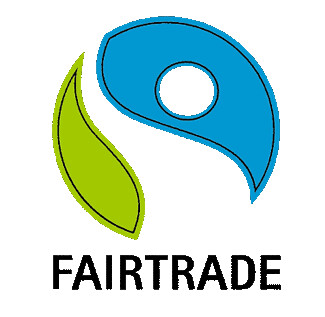
A Toast to Southeast Asia's Wine Underdogs - When it comes to Asia’s emerging wine industry, China sits at the helm. But despite China’s head start, little-known vineyards across Southeast Asia are vying for spots in the nearly $300 billion global wine industry — and placing their own spin on it. ... Oh, and for imbibers, it’s a brand-new experience: Southeast Asia’s young vines and rare grapes churn out bold red and sparkling white wines that are “energetic, fiery and more acidic,” according to Archie Gracie, the winery and supply chain director of Siam Winery. These tastes, he says, better pair with the region’s spicy, seaside cuisines and suit the Southeast Asian palate.
The Bloody Mary Meat Straw: An All-American Story - This is a story of American ingenuity and entrepreneurship. It is the story of the meat straw. Yes, you read that right. "It is a straw made out of pork," explains Ben Hirko of Coralville, Iowa, the man behind Benny's Original Meat Straws. It's a half-inch in diameter, the same length as a standard plastic straw. And it has a hole running down the middle of it, through which you're meant to slurp up Bloody Marys.
Slow-melting ice cream ingredient discovered by scientists
Buying organic veggies at the supermarket is a waste of money - It’ll come as no surprise to most shoppers that organic produce is typically more expensive than the other options. ... But this price difference does not just reflect the added cost of organic agriculture techniques: It’s also because people will pay more for the label—often without knowing what it means. “Organic” has essentially become another way of saying “luxury.” As a study in the Proceedings of the National Academy of Sciences found, the “premium” markup on organic food is 29-32%, when only a 5-7% markup would be needed to break even—making organic farms more profitable than conventional ones. (Of course, it takes three years of organic practices to get certified, so farmers may still be left covering their additional investment after that period.)
Some Brands Are Labeling Products “GMO-free” Even if They Don’t Have Genes - More companies are paying to label their food as non-GMO, whether they need it or not.
Why should you get to know Georgian wines? Because they’re exciting. We tend to think of the classic vinifera wine grape varieties as European, meaning French, Italian and Spanish. But vinifera’s origin lies to the east, in the Caucasus region: where Europe and Asia intersect, where ancient trade routes crisscrossed the mountains between the Black Sea and Persia, and near where the Bible says Noah planted a vineyard after the ark settled on Mount Ararat. This is where the oldest archaeological evidence of wine production, vinifera seeds in clay vessels, was found. Both Georgia and Armenia claim to be wine’s homeland, as borders have been fluid between antiquity and now.

No comments:
Post a Comment